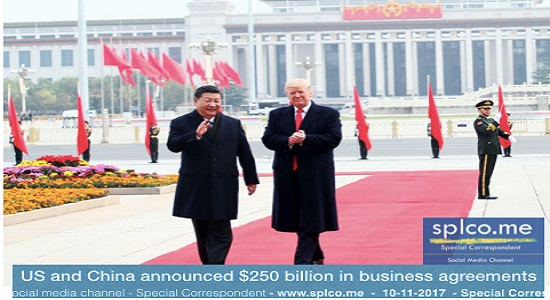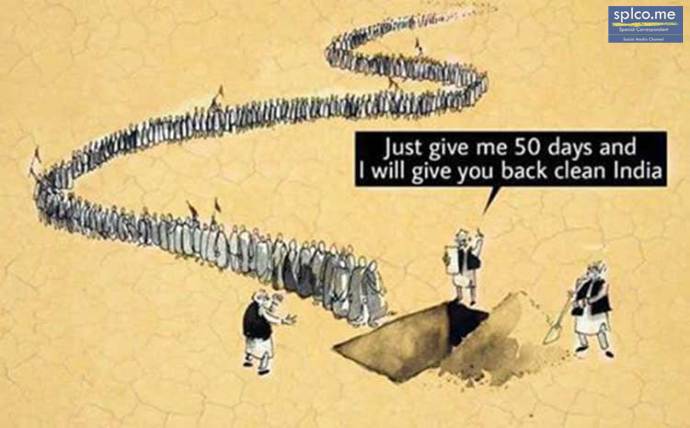Apec brings together 21 economies from the Pacific region - the equivalent of about 60% of the world's GDP.

Since taking office, President Trump has pursued his "America First" agenda and pulled the US out of the regional Trans-Pacific Partnership - a major trade deal with 12 Apec nations - arguing it would hurt US economic interests.
Donald Trump, a man who said on his march to the White House that China was responsible for the “rape” of American workers, now says it’s actually the US’s fault that the two countries have an unbalanced economic relationship.
Speaking to business leaders in the Great Hall of the People in Beijing, Trump said that he felt US-Chinese trade relations were “very unfair and one-sided.” But when it came to assigning responsibility for the uneven dynamic, he pointed the finger at his own predecessors rather than at Beijing.
“I don't blame China. After all, who can blame a country for taking advantage of another country for the benefit of its citizens?” Trump said, adding that previous US administrations are responsible "for allowing this trade deficit to take place and to grow".
The friendly language stands in stark contrast to his pugnacious rhetoric on the campaign trail, where he singled out China as the world’s greatest threat to America.
His softer approach to China has been apparent throughout his visit. He appears both impressed by Xi’s grip on power in the country now at an all-time high after the leader was reappointed by the Communist Party for another five-year term and by the dazzling ceremonies Xi has put on for Trump.
During a joint press conference with Xi Thursday, Trump touted the two leaders’ “great chemistry” and told Xi earnestly, “You’re a very special man”.
Trump has tweeted at least three times about how “beautiful” and “unforgettable” his reception in China has been, even posting a video devoted solely to capturing how grand his welcoming ceremony was.
While there are no signs of policy breakthroughs on structural issues like American access to the Chinese market, there have been flashy business deals. On Thursday the US and China announced $250 billion in business agreements between the two countries in the energy, technology, and aviation sectors.
The numbers are still tentative, but among other things, Boeing is selling around $40 billon worth of airliners to China.
Those deals may seem on the surface like coups for Trump, but experts say they’re relatively minor moves unlikely to dramatically impact the serious trade imbalance between the two countries.
“I don’t think the deals will noticeably change the bilateral trade deficit,” said Caroline Freund, a senior fellow at the pro-free trade Peterson Institute for International Economics.














